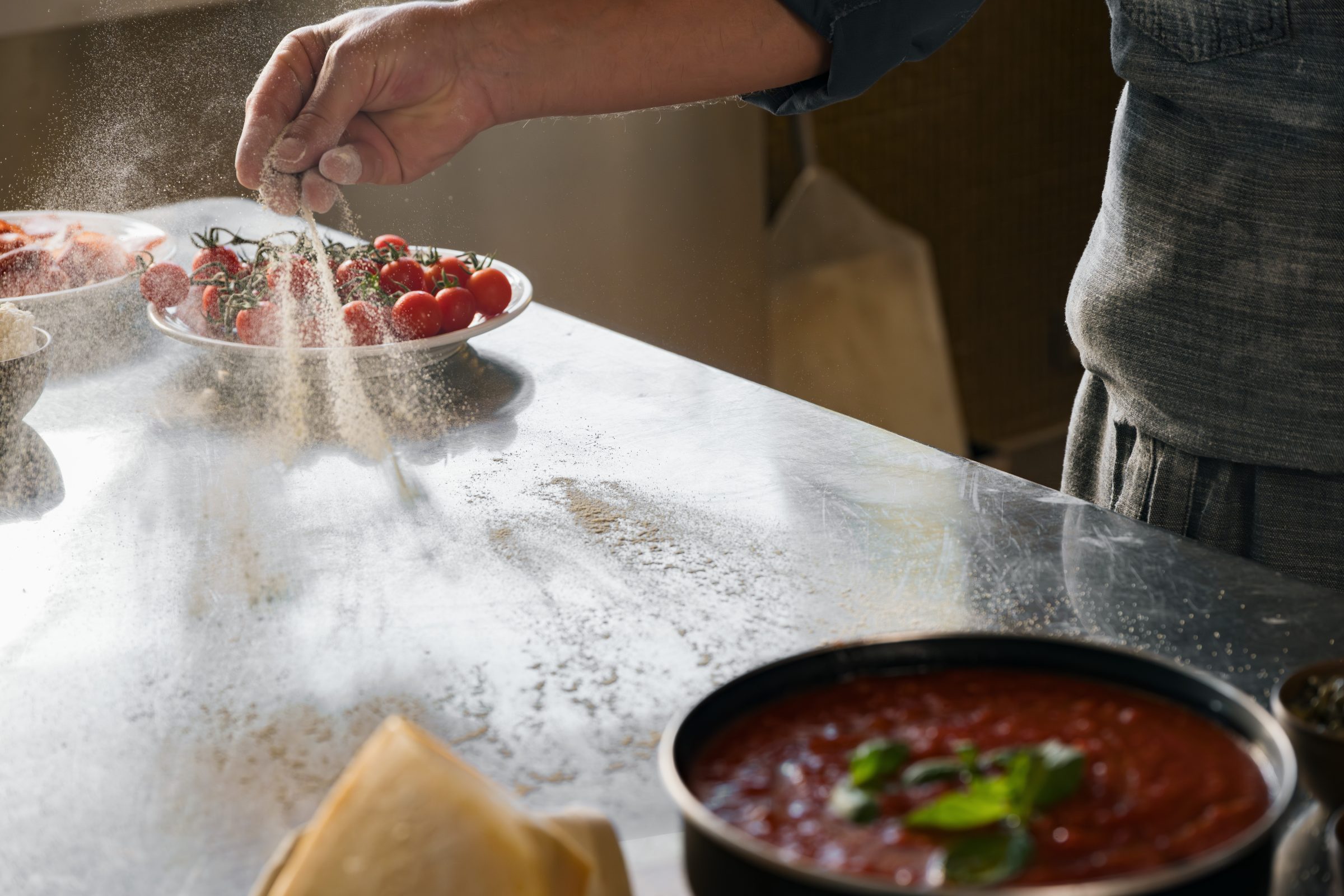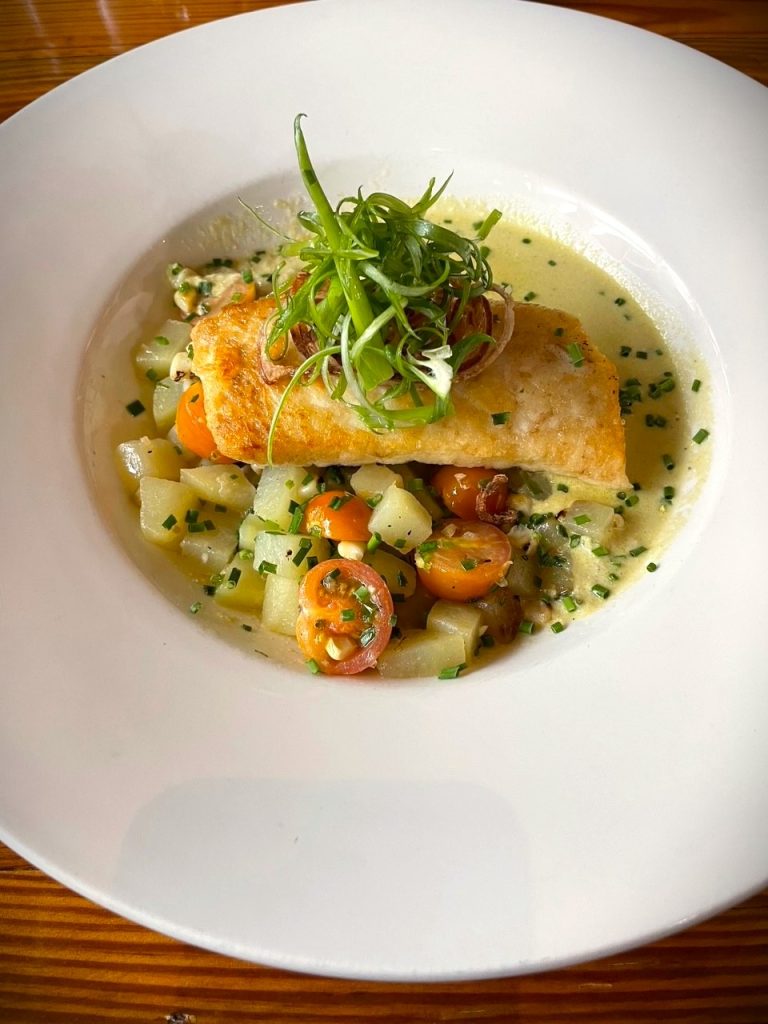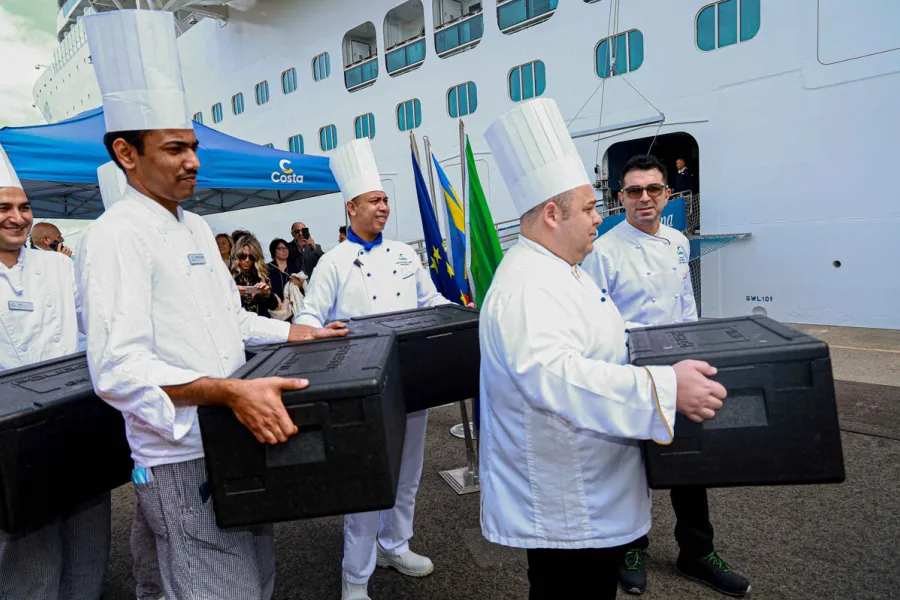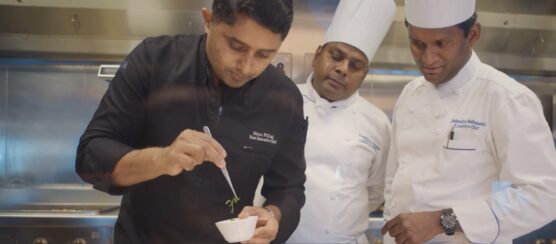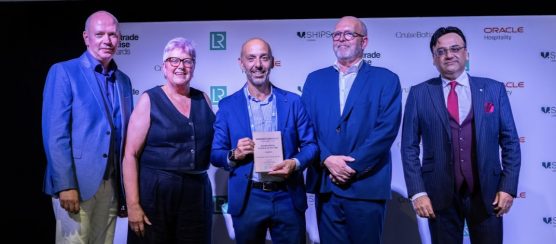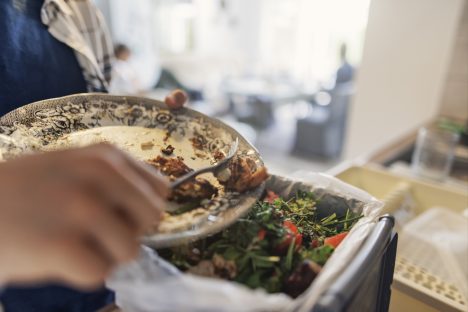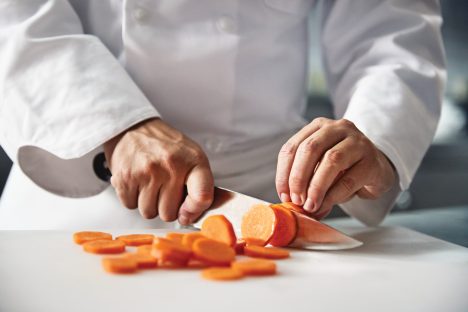One of the many ways we create unforgettable happiness for our guests is by providing world-class food and dining experiences. Of course, feeding over 13 million guests a year requires a lot of food, so we’re committed to doing it responsibly. That’s why we’ve integrated sustainable practices throughout every phase of the food lifecycle, minimizing food waste to ensure there is less left over.
Our “Less Left Over” strategy covers dozens of different initiatives – large and small – taking place across our cruise lines worldwide to help cut food waste by 50% by 2030. It’s an ambitious goal and we’re already well on our way to achieving it. As of our 2024 fiscal year end, we’ve reduced food waste by 44% systemwide.
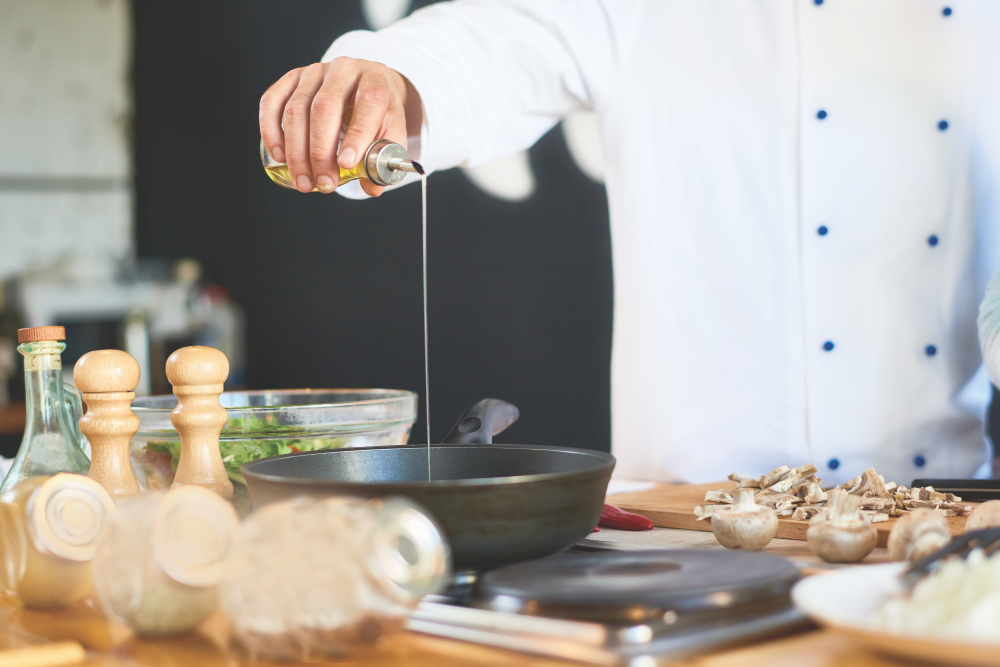
Optimizing Every Delicious Bite
It hasn’t always been easy. But thanks to our 160,000 talented team members, we continue to find creative ways to optimize food use throughout our operations while also enhancing the guest experience. From sharpening ingredient planning and purchasing to finetuning menus and meal prep to monitoring guest dining trends and flows for real-time recipe creation and fresh batch cooking, we are leveraging human ingenuity and new technologies to have less food left over.
From Surplus to Solutions
To help ensure remaining food doesn’t go to waste, we’re pioneering solutions like donating surplus ingredients and meals to a growing network of registered food banks in communities facing food scarcity. Food donations are just the start. We’re also discovering smart, sustainable ways to repurpose food scraps into something meaningful — like farm-ready organic compost, ingredients for upcycled goods, biofuel production and more — finding endless new ways to have less left over.
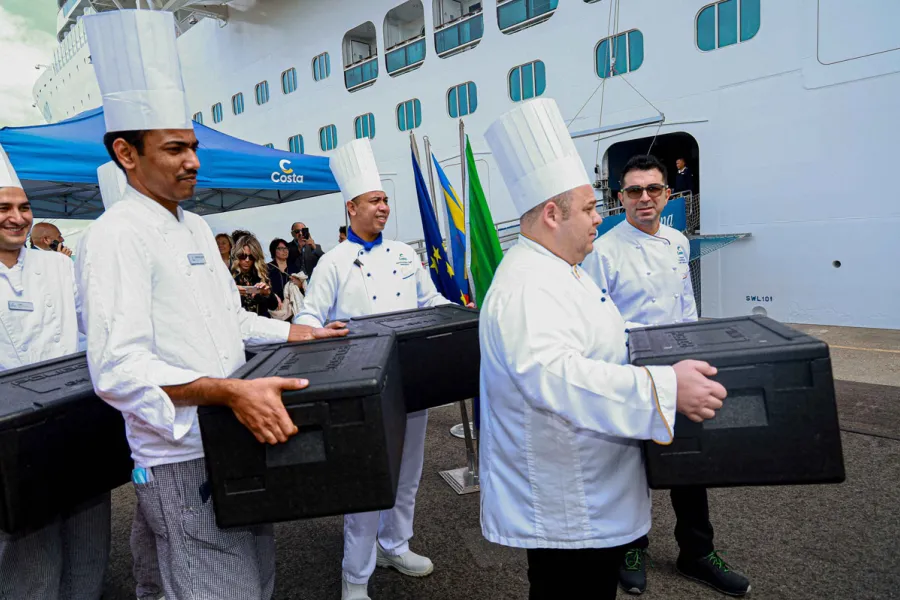
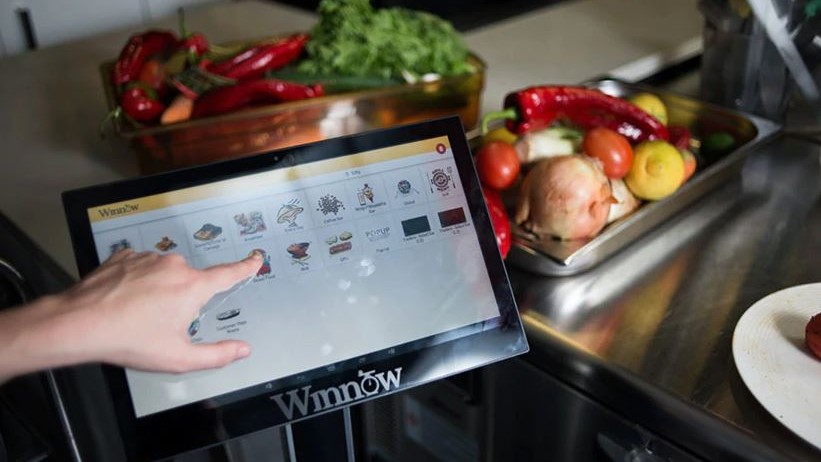
Responsibly Manage the Rest
For the small amount of inedible scraps that remain, we’ve invested in the industry’s smartest solutions, like biodigesters, dryers, dehydrators and grinders to naturally break down, condense and sustainably dispose of unused food.

